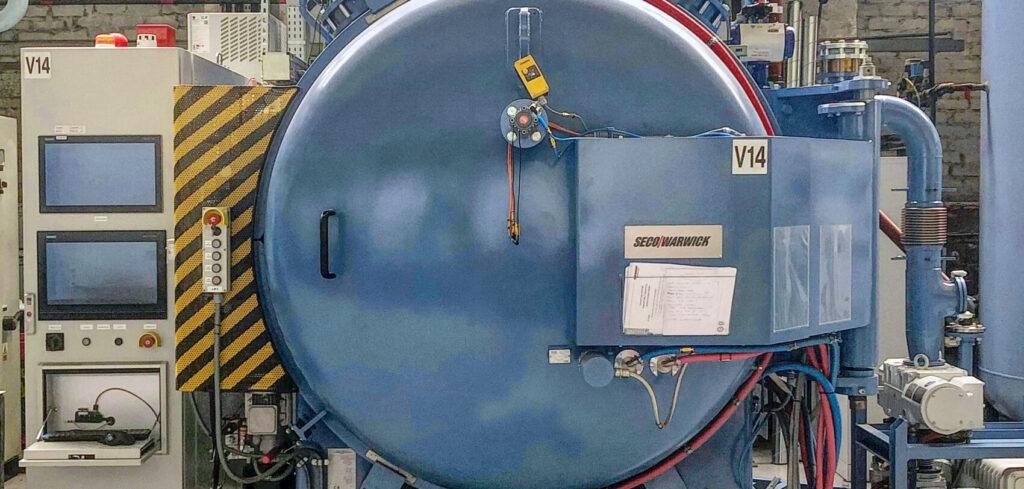Wallwork Heat Treatment has invested in a new advanced vacuum carburize furnace at the company’s Greater Manchester site in the UK to meet the company’s growing customer base of motorsport engine and transmission component suppliers, including those in F1 and other formulas.
This investment comes as a significant step for the company given the Covid-19 pandemic and increases the total number of vacuum furnaces across Wallwork’s UK locations to 29, enabling more than 40 tons of components to be processed per day.
“Motor racing is a punishing environment for metal components. These parts are expensive to manufacture and subject to immense forces,” commented Simeon Collins, director at Wallwork. “Speed is king, but reliability is just as important. Component failure equals failure to finish and can be dangerous. The sector is characterized by rapid development cycles and relies upon equally experienced and responsive heat treatment services.”
Alongside the hardening process, precisely controlled heat treatment of components in the latest vacuum carburize furnace will impart many improvements to the metal wear parts so they withstand the stresses of continual high-speed performance. In a typical process cycle, the metal surface will become free of oxide, and in turn this eliminates initial surface wear and enhances resistance to micro cracking, while also increasing fatigue resistance.
Often, machined components will feature holes. The newest vacuum carburize furnace can provide excellent penetration by pulsing the gas pressure, enabling fresh gas to enter the holes frequently throughout the process cycle, ensuring more evenly applied heat treatment for the component.
With motorsport components sometimes designed and finished to extremely fine tolerances, it is possible for heat treatment processes to cause component distortion, especially during the cooling part of the process. However, the new furnace features controlled cooling. Due to the vacuum chamber, component finish is of a top quality and takes less time due to the ability to apply higher carburizing temperatures. Eliminating the need for post-process component cleaning also saves time.
With the correct hardness profile for a metal part achieved, the component can then be stored and reproduced by the furnace to ensure future consistency and quality.
“With a dedicated commercial pickup and delivery fleet of over 50 vehicles, operating from five UK locations, we are ideally placed to provide a nationwide service to meet the rapid development cycles of the motorsport engineering sector,” said Simeon.
“The affordability of the vacuum carburizing process means it is not just for the big race teams. Self-funded privateers and smaller teams can also benefit from heat treating components and, if required, Wallwork can go a stage further and apply advance coatings for even greater part performance on track. The UK has a vibrant and world-envied position in engineering for motorsport and everyone wants winning reliability.”



